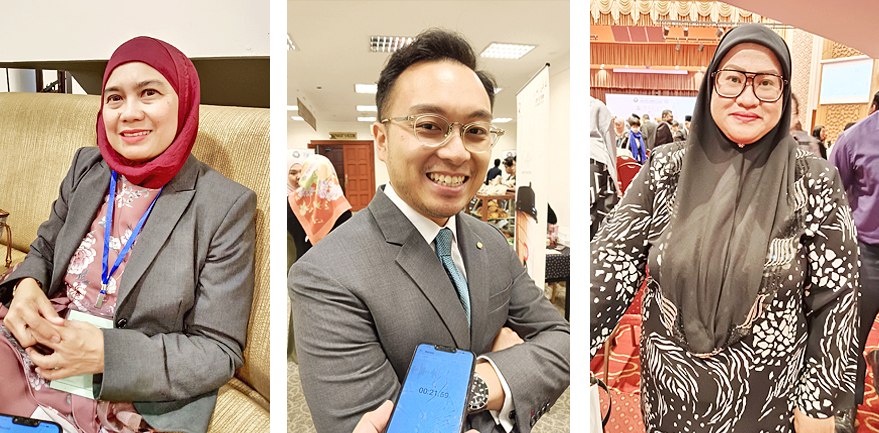Amid the recent discussion on the implementation of the integration of religious subjects into the general education system starting on November 1, parent Dr Malai Zeiti expressed uncertainties regarding its impact.
The focus lies on how young children will adapt and thrive within the updated framework. “As a parent, I am supportive of the emphasis on religious studies, but the implications for Years 4, 5 and 6 remain unclear,” she told the Bulletin.
Questions have emerged about the adjustments needed in the existing curriculum, especially considering that religious subjects are already taught separately by the Ministry of Religious Affairs and in some private institutions.
Dr Malai Zeiti highlighted the need for clarity regarding the additional components of the new system.
Furthermore, the extended school hours prompt concerns about student well-being, including their access to food and safety while on campus. Parents like Dr Malai Zeiti ponder over the practicality of managing children’s needs during the extended hours. “Can they handle providing meals for the students, especially as hunger can affect their ability to concentrate?” she questioned.
However, some parents, like Yusof, welcomed the changes, emphasising the benefits of reduced travel time and improved efficiency. Tini MH echoed similar sentiments, commending the government’s effort to integrate religious studies into the general education system. Nevertheless, both stressed the importance of ensuring that the integration process doesn’t compromise children’s comprehension and mental well-being.
As the discussions continue, the necessity of a comprehensive system that addresses safety concerns and ensures student comfort during the extended hours remains a key point of consideration. The active cooperation between all stakeholders is deemed vital for the successful implementation of this integrated approach. – Lyna Mohamad





